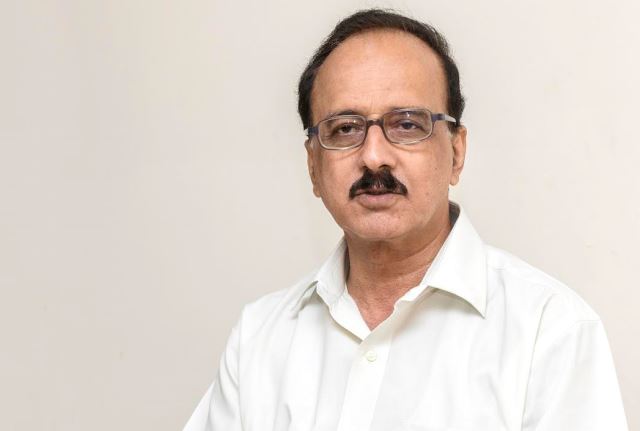Devinder Sharma, an eminent agricultural expert and a food & trade policy analyst, says wellbeing of the country’s farmers will ensure all-inclusive economic progress. His views:
This is one of the most crucial questions I have been asking. If the government can write off nearly ₹15 lakh crore corporate bad loans in the past 10 years, and also ask banks to enter into a compromise with willful defaulters, which means another write-off of ₹3.45-lakh crore, for people who have the money but don’t want to pay back the outstanding loans — why is it then dithering on legalising the Minimum Support Price (MSP) for farmers? In any case, the ₹10 lakh crore of economic burden every year that the mainline economists are trying to project is nothing but the creation of a fear psychosis.
In reality, since only 14 per cent farmers get MSP in India and the remaining 86 per cent farmers are dependent on markets, the fact remains that markets have been short-changing farmers all these years. On an average, farmers are able to sell at prices that are on an average 25 to 30 per cent less, compared to the MSP announced for 23 crops, which, largely, remain on paper. When these 86 per cent farmers will have more money in their hands once the MSP becomes a legal instrument, their purchasing power will go up. They will be spending it in the markets, thereby raising a huge rural demand. The economy will then gallop.
Instead of being browbeaten by mainline economists, policy-makers must realise that a legalised MSP is a sure pathway for achieving the Prime Minister’s vision of Sabka Saath Sabka Vikas.
Unlike the iconic and protracted farmers’ protest earlier that lasted for over a year in 2020-21, forcing the government to withdraw the three contentious farm laws, the farmers’ struggle that is currently underway lacks unity. With two farmer unions spearheading the struggle, a large chunk of the collective that led the protests two years back have shied up. However, with the average farmers getting restive, the leadership that has still not openly joined the protest, is finding ways to lend support. Besides, the events on March 8, the International Women’s Day, when a huge contingent of farm women protested at various places in Punjab, is an indication that as and how the protests linger on, there will be more support coming in.
ALSO READ: ‘Punjab Farmers Are Fighting for Millions of Others’
The protests this year have been stopped at the border areas in Haryana from moving towards New Delhi. The fortification of the national highway, and the courts now directing farmers not to use tractors in the protest, is at variance with what is happening in Europe where farmers in at least 14 countries have protested in the last few weeks in January/February, 2024. Even now, farmers are protesting in at least 12 countries, using tractors; they have also been blocking roads and throwing manure and mud on the highways, and in front of office buildings.
Farmers have laid a siege of Berlin and Paris, and demonstrated outside the European Commission in Brussels. European governments are allowing farmers the right to protest and have openly expressed the willingness to meet them and listen to their grievances.
Indeed, it is too early to say whether the farmers protest this year will impact the ensuing Lok Sabha elections. There is a fear that in the absence of any amicable solution being arrived at soon, more and more farmers’ groups will join the protests. Also, with farm unions making it clear, that even if the code of conduct becomes applicable in the next couple of weeks, they are likely to stay put; this only shows that farmers are there at the Haryana borders for a long haul.
The narrator is an award-winning writer and researcher, whose opinions on the farmers’ struggle and issues of Indian agriculture have been widely shared in print, audio-visual and social media for over three decades
As told to Amit Sengupta
For more details visit us: https://lokmarg.com/
